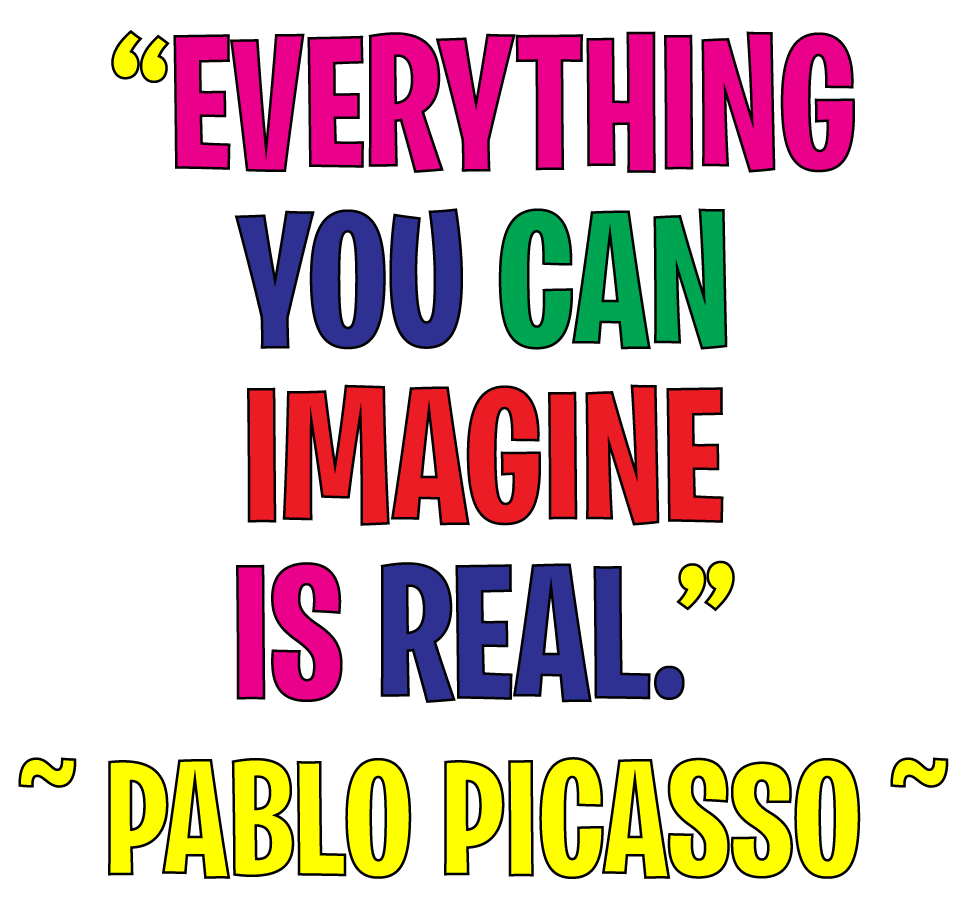

- Represents: Meaning, inner peace, values, and connection to something greater
- Unlocking this door: Fosters reflection, gratitude, and curiosity
- Key Activities: Nature walks, quiet time, values-based stories, cultural celebrations
What It Is:
Spiritual development does not necessarily mean religious upbringing (though it may include it). Rather, it focuses on a child’s inner life, sense of wonder, moral compass, and connection to others and the world.
Key Aspects:
- Sense of belonging and identity
- Appreciation of beauty, nature, and life
- Ability to reflect on self and others
- Understanding of values like compassion, forgiveness, love, and hope
- Asking big questions (e.g., “Why are we here?”, “What happens after death?”)
- Feeling connected to something greater (which may be God, nature, community, or the universe)
Supporting Spiritual Growth:
- Share stories that involve values, courage, and reflection
- Encourage gratitude journals, nature walks, and quiet time
- Talk openly about feelings, beliefs, and mysteries of life
- Respect and nurture curiosity about faiths and philosophies
- Create a safe space for questions and wonder without judgment
This checklist is designed to help parents and caregivers observe and support children’s holistic development at home.
☐ Expresses wonder about the world or life
☐ Talks about feelings, dreams, or big questions
☐ Demonstrates gratitude or thankfulness
☐ Reflects on their own actions or impact on others
☐ Shows kindness and compassion without being prompted
☐ Expresses concern for fairness and justice
☐ Demonstrates forgiveness and empathy
☐ Practices honesty and responsibility willingly
☐ Feels a connection to nature, animals, or the universe
☐ Participates in traditions or rituals (religious or cultural)
☐ Expresses belief in a higher power, energy, or guiding presence (if introduced)
☐ Engages in quiet moments, prayer, or reflection voluntarily
